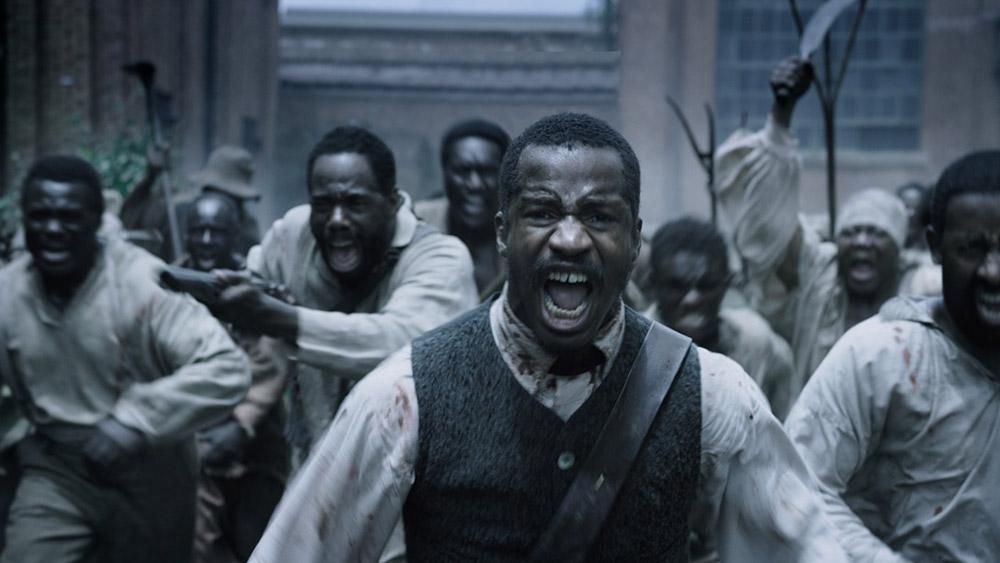One hundred and one years ago this week, a film premiered whose many claims to fame include partial responsibility for the 20th century resurgence of the Klu Klux Klan (KKK).
Last week, another film broke the record for biggest sale at the Sundance Film Festival. Its global distribution rights went to Fox Searchlight for a whopping 17.5 million dollars (the prior record holder, “Little Miss Sunshine,” sold for 10 million).
Both films are titled “The Birth of a Nation.”
The 1915 film, directed by D. W. Griffith, is a Civil War and Reconstruction era epic glorifying the formation of the KKK through an origin story that bears minimal resemblance to the actual historical event. In addition to its celebration of white supremacy and sickening portrayal of African Americans, Griffith’s film is known for being one of the most influential movies ever made. The highest-grossing film of all time until the release of “Gone With The Wind,” it has long been credited as the harbinger of feature-length narrative cinema and Hollywood-style filmmaking.
The 2016 film, starring, written and directed by Nate Parker, tells the true story of Nat Turner, a slave who led an 1831 rebellion that resulted in the deaths of over 50 white people and more than 200 African Americans. Across the South, the incident was used to justify laws restricting the rights of both slaves and free black men, including their rights to education, arms, voting and rights of assembly. Along with others such as “12 Years a Slave,” a film to which Parker’s will inevitably be compared, the 2016 “Birth of a Nation” seeks to expose, with as much accuracy as possible in fictional narrative cinema, difficult and ugly parts of history that have long been sanitized or disregarded by the media.
Parker’s choice of title is not just a matter of irony or reclamation—though that intent has been openly addressed and admitted by Parker himself. It’s a matter of history and memory.
At a fundamental level, what Griffith’s “The Birth of a Nation” did was rewrite history. It was a lie, but enough people believed it, including President Woodrow Wilson, who described the film as “writing history with lightning,” that it had more power than the truth. It was a lie with very real consequences. Griffith’s “The Birth of a Nation” is disgusting for its misrepresentation of African Americans, its disregard for history and its use of cinematic techniques for emotional manipulation and exploitation. However, what make it scary are the lasting and far-reaching impacts the film had.
A recent article for TIME magazine online ends by saying that Parker’s film “stands to permanently rewrite the story of America’s first blockbuster.” If we try to forget Griffith’s film, no matter how well-intentioned we may be, we will, in our own small way, be doing the same thing he did—and, at the same time, undermining the full potential of Parker’s film. The use of “The Birth of a Nation” as a title neither is nor should be seen as an attempt to erase the damage of Griffith’s film. As Parker said recently in an interview, the title of his film is intended to “put a spotlight on [Griffith’s] film—what it did to America, what it did to our film industry, what it did to people of color with respect for domestic terrorism.”
Just like what made Griffith’s film terrifying was the impact that it had, the potential of Parker’s film relies not on content, but on influence. While its 17.5 million dollar sale and its incredibly enthusiastic reception at Sundance, where it received two standing ovations and took home both the Audience Award and Grand Jury Prize, paints a very optimistic portrait of the film’s future, the fact is that whether or not it will become the agent of change Parker hopes for remains to be seen. Kathryn Bigelow’s Oscar for Best Director was touted for being a harbinger of change back in 2010, but not a single woman has even received a nomination since. Similarly, the triumph of “12 Years a Slave” at the 2014 Oscars was held up as progress until it was followed by two consecutive years of predominantly white nominees and exclusively white acting nominees. However, the question of whether Parker’s “The Birth of a Nation” succeeds will be up to us, the movie-going public, and not the Academy.







